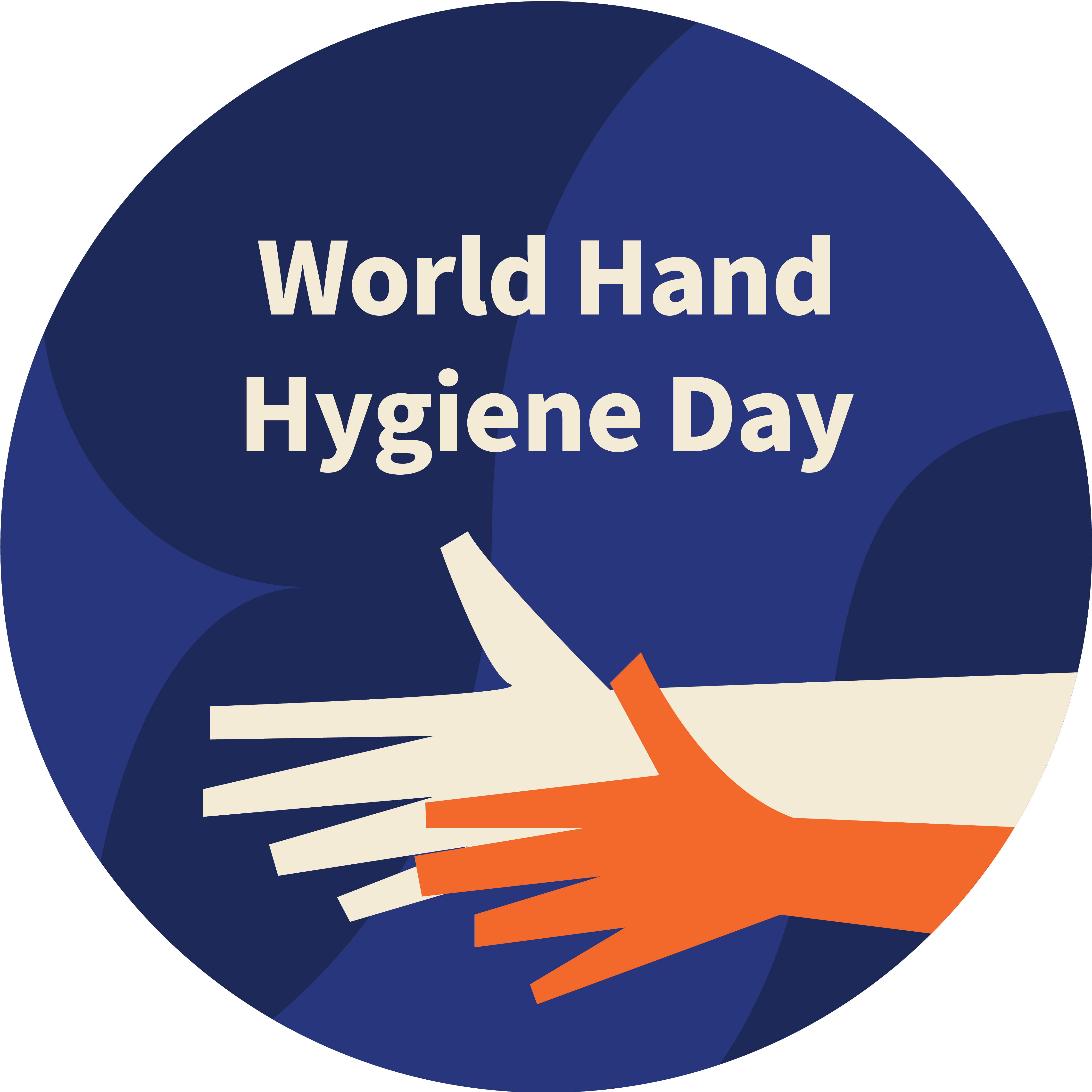Seroprevalence in Argentinian healthcare workers after vaccination with Sputnik V
DOI:
https://doi.org/10.3396/ijic.v18.21791Keywords:
COVID-19, vaccination, antibodies, occupational health, healthcare workers, ArgentinaAbstract
Background: Healthcare workers (HCW) were deeply affected by coronavirus disease 2019 (COVID-19). Therefore, vaccination of this population is crucial. However, data on Sputnik V vaccine are sparse.
Objective: The aim of this study was to evaluate serological responses in HCWs following two doses of Sputnik V vaccine.
Methods: A cross-sectional study was conducted at a tertiary-care private teaching hospital between April and May 2021. HCWs without a history of COVID-19 3 or more weeks after the second dose of Sputnik V had a fresh serum sample extracted and processed using Abbott® SARS-CoV-2 IgG II Quant. Values equal to or over 50 arbitrary units (AU)/mL were considered positive. Primary outcome was the proportion of participants who developed antibodies 21 or more days after the second dose of Sputnik V. Secondary outcomes were concentration of anti-spike IgG antibodies and comparison of such concentrations between samples taken 3–5 weeks and more than 5 weeks after the second dose.
Results: The entire population developed anti-spike IgG antibodies. The median antibody concentration was 1234.8 AU/mL. When analysing days to extraction from second vaccine dose, there was no statistical difference between 21 and 35 days versus more than 35 days.
Conclusion: Vaccination with Sputnik V in HCW at our institution demonstrated an efficacy of 100% in achieving quantifiable anti-spike IgG antibodies 21 or more days after the second dose.
Downloads
References
COVID-19 Dashboard by the Center for Systems Science and Engineering (CSSE) at Johns Hopkins University (JHU). Available from: https://coronavirus.jhu.edu/map.html [cited 7 June 2021].
Organización Panamericana de la Salud / Organización Mundial de la Salud. Actualización epidemiológica: Enfermedad por Coronavirus (COVID-19). 2 de diciembre de 2021, Washington, D.C.: OPS/OMS; 2021. Accessed December 26, 2021. Available at https://www.paho.org/es/documentos/actualizacion-epidemiologica-enfermedad-por-coronavirus-covid-19-2-diciembre-202.
Hughes MM, Groenewold MR, Lessem SE, Xu K, Ussery EN, Wiegand RE, et al. Update: characteristics of health care personnel with COVID-19 – United States, February 12–July 16, 2020. MMWR Morb Mortal Wkly Rep 2020; 69: 1364–8. doi: 10.15585/mmwr.mm6938a3
Ministerio de Salud. Provincia de Buenos Aires. Informe de situación del personal de salud al 29 Jun 2020. La Plata: Dirección Provincial de Hospitales; 2020.
Logunov D, Dolzhikova I, Shcheblyakov D, Tukhvatulin AI, Zubkova OV, Dzharullaeva AS, et al. Safety and efficacy of an rAd26 and rAd5 vector-based heterologous prime-boost COVID-19 vaccine: an interim analysis of a randomised controlled phase 3 trial in Russia. Lancet 2021; 397: 671–81. doi: 10.1016/S0140-6736(21)00234-8
Sadoff J, Gray G, Vandebosch A, Cárdenas V, Shukarev G, Grinsztejn B, et al. Safety and efficacy of single-dose Ad26.COV2.S vaccine against Covid-19 [published online ahead of print, 2021 Apr 21]. N Engl J Med 2021; 384: 2187–201. doi: 10.1056/NEJMoa2101544
Baden LR, El Sahly H, Essink B, Kotloff K, Frey S, Novak R, et al. Efficacy and safety of the mRNA-1273 SARS-CoV-2 Vaccine. N Engl J Med 2021; 384: 403–16. doi: 10.1056/NEJMoa2035389
Polack FP, Thomas SJ, Kitchin N, Absalon J, Gurtman A, Lockhart S, et al. Safety and efficacy of the BNT162b2 mRNA Covid-19 vaccine. N Engl J Med 2020; 383: 2603–15. doi: 10.1056/NEJMoa2034577
Voysey M, Clemens SAC, Madhi SA, Weckx LY, Folegatti PM, Aley PK, et al. Safety and efficacy of the ChAdOx1 nCoV-19 vaccine (AZD1222) against SARS-CoV-2: an interim analysis of four randomised controlled trials in Brazil, South Africa, and the UK [published correction appears in Lancet 2021 Jan 9; 397: 98]. Lancet 2021; 397: 99–111. doi: 10.1016/S0140-6736(20)32661-1
Ikegame S, Siddiquey MNA, Hung CT, Haas G, Brambilla L, Ogutuyo KY, et al. Neutralizing activity of Sputnik V vaccine sera against SARS-CoV-2 variants. Version 3. medRxiv. Preprint. NaN NaN [revised 2021 May 29]. doi: 10.1101/2021.03.31.21254660
Centers for Disease Control and Prevention. SARS-CoV-2 variant classifications and definitions. 2021. Accessed December 26, 2021. Available from: https://www.cdc.gov/coronavirus/2019-ncov/variants/variant-info.html.
Yahav D, Yelin D, Eckerle I, Eberhardt CS, Wang J, Cao B, Kaiser L, et al. Definitions for COVID-19 reinfection, relapse and PCR re-positivity. Clin Microbiol Infect 2021; 27: 315–8. doi: 10.1016/j.cmi.2020.11.028
Birhane M, Bressler S, Chang G, Clark T, Dorough L, Fischer M, et al. COVID-19 vaccine breakthrough infections reported to CDC – United States, January 1–April 30, 2021. MMWR Morb Mortal Wkly Rep 2021; 70: 792–3. doi: 10.15585/mmwr.mm7021e3
Empleo de la vacuna Sputnik V en Argentina: Evaluación de respuesta humoral frente a la vacunación Informe parcial Enero-Marzo 2021. Accessed December 26, 2021. Available from: https://www.argentina.gob.ar/sites/default/files/informe_sputnik_buenos_aires_3.03.2021v1.pdf.
Published
How to Cite
Issue
Section
License
Authors retain copyright of their work, with first publication rights granted to IJIC. Read the full Copyright- and Licensing Statement.




